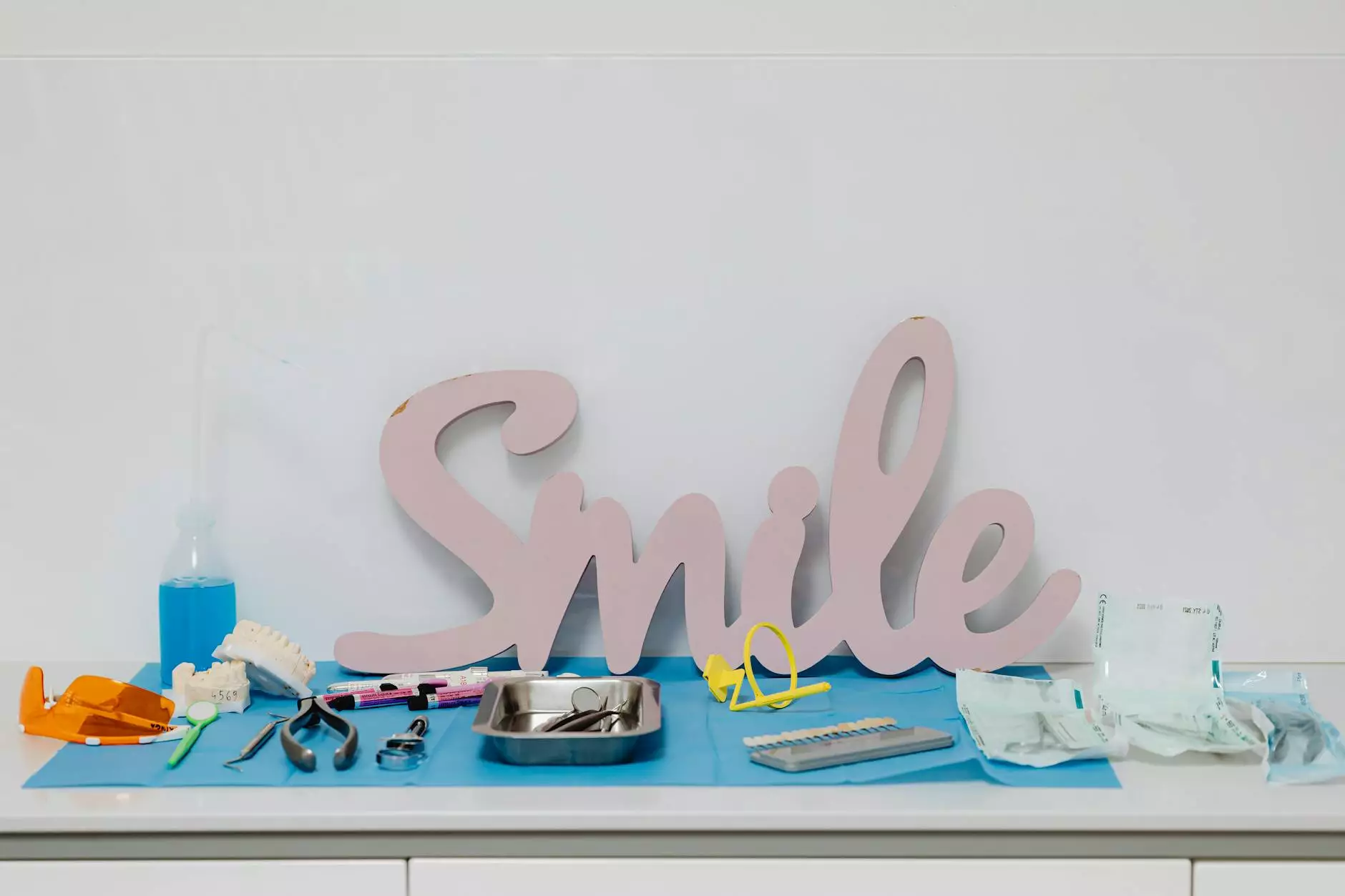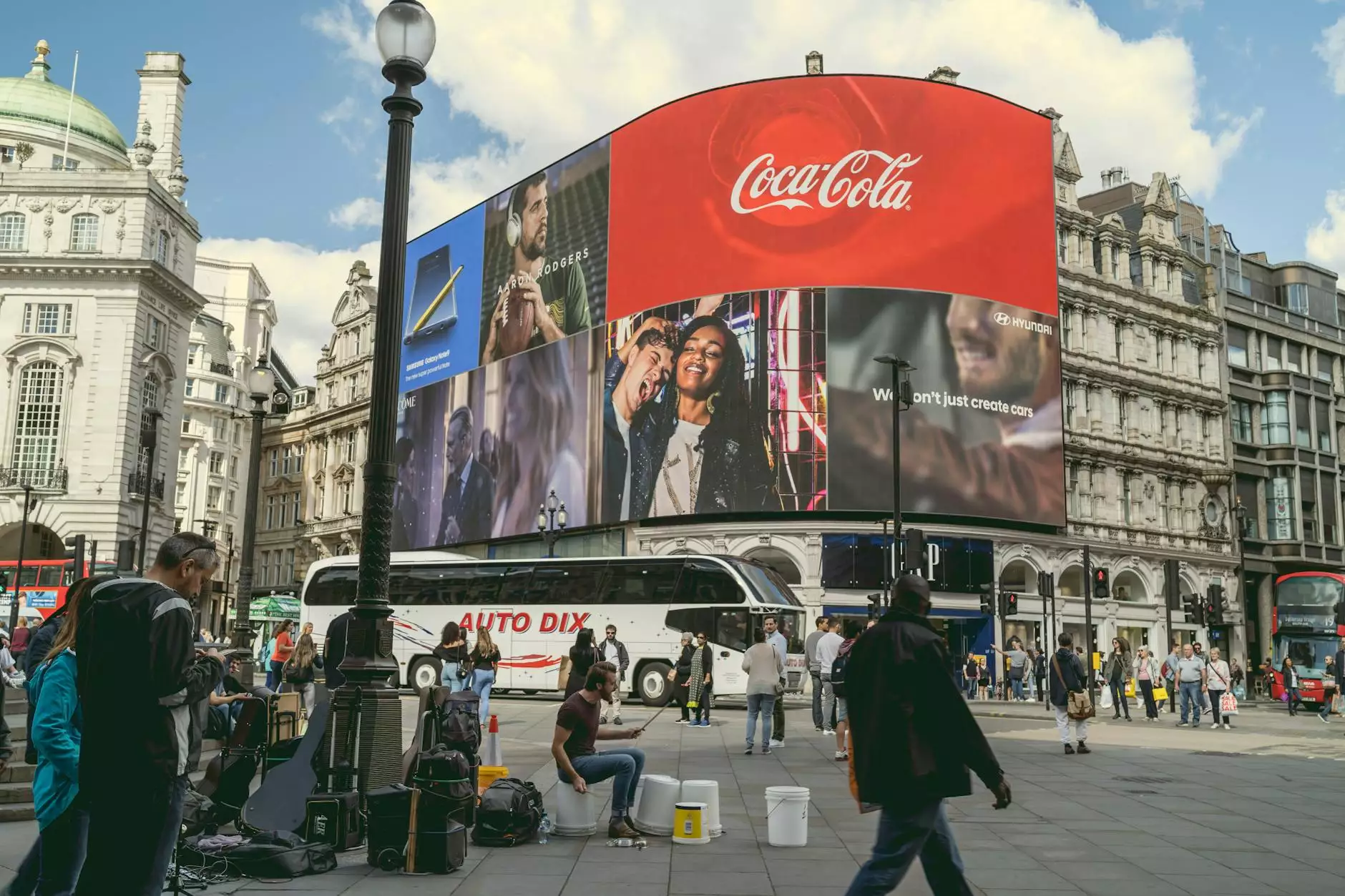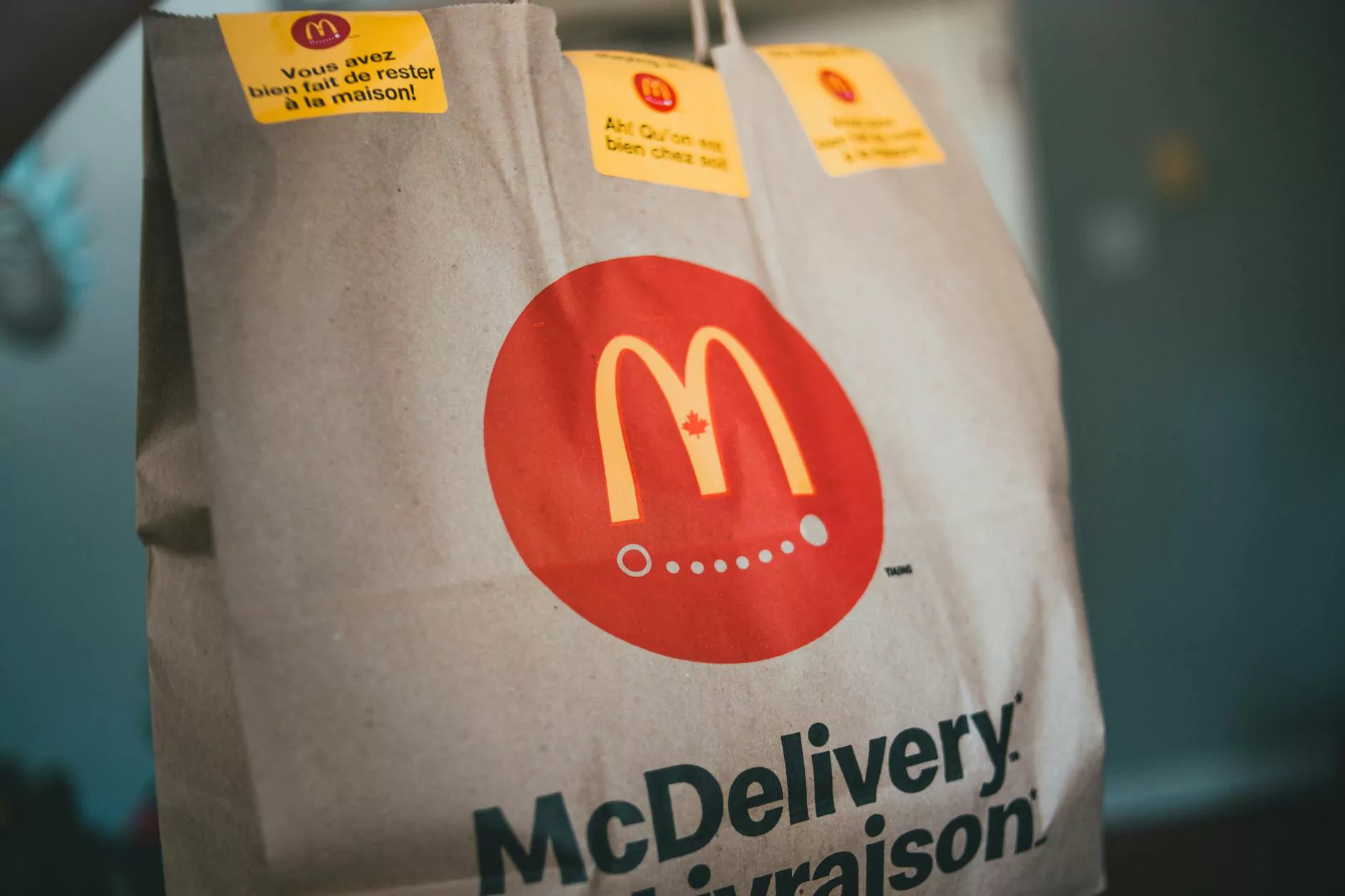Understanding London Tooth Extraction: Your Comprehensive Guide

Tooth extraction is a dental procedure that often comes with a lot of questions and concerns, especially in bustling cities like London. This comprehensive guide aims to provide you with all the information you need about the tooth extraction process, ensuring you feel informed and prepared.
What is Tooth Extraction?
Tooth extraction is the process of removing a tooth from its socket in the bone. While some people may dread the thought of having a tooth pulled, it may be necessary for various reasons, including:
- Crowded teeth: When there isn't enough space in your mouth, some teeth may need to be removed to allow others to grow properly.
- Severe decay: A tooth that is extensively decayed or damaged may need to be extracted to prevent infection.
- Gum disease: Advanced gum disease can lead to tooth instability, requiring extraction.
- Impacted teeth: Wisdom teeth that do not have enough space to erupt can become impacted and may need to be removed.
The Importance of Choosing a Qualified Dentist
When it comes to London tooth extraction, the quality of care you receive can significantly affect your recovery and overall experience. It's essential to choose a qualified and experienced dentist. At Kensington Dental Studio, our team of professionals is trained to handle all aspects of tooth extraction, ensuring that you receive the best care possible.
The Tooth Extraction Process
The process of extracting a tooth involves several key steps:
- Consultation: Your dentist will first conduct a thorough examination, including X-rays, to determine the best course of action.
- Anesthesia: Once it’s confirmed that extraction is necessary, the dentist will administer local anesthesia to numb the area.
- Extraction: The dentist will gently rock the tooth back and forth to loosen it before carefully removing it from the socket.
- Post-extraction care: After the tooth is extracted, the dentist will provide care instructions to promote healing.
Types of Tooth Extractions
There are two main types of tooth extractions:
- Simple extraction: This type is performed on visible teeth that are easily accessible. Local anesthesia is generally used.
- Surgical extraction: This procedure is required for teeth that are not easily reachable, such as impacted teeth. It may involve general anesthesia.
What to Expect Before and After Tooth Extraction
Before the Procedure
Understanding what to expect before your London tooth extraction can help reduce anxiety:
- Your dentist will provide you with a detailed explanation of the procedure and answer any questions you may have.
- You may need to avoid certain medications or foods in the days leading up to the extraction.
- If you are having a surgical extraction, the dentist may recommend that you arrange for someone to drive you home afterward.
After the Procedure
After your tooth has been extracted, follow these aftercare tips to ensure a smooth recovery:
- Bit on gauze: Bite down on a piece of gauze for 30 to 45 minutes to help stop the bleeding.
- Rest: Take it easy for the first 24 hours to promote healing.
- Ice pack: Use an ice pack on your cheek to reduce swelling.
- Avoid strenuous activities: Avoid exercise and heavy lifting for at least 48 hours.
- Follow-Up Care: Attend any scheduled follow-up appointments to ensure proper healing.
Potential Risks and Complications
As with any medical procedure, there are potential risks involved with tooth extraction. Some complications may include:
- Dry socket: This painful condition occurs when the blood clot at the extraction site fails to develop or is dislodged.
- Infection: Any surgical procedure carries a risk of infection, which can lead to further complications.
- Damage to surrounding teeth: There is a small risk that adjacent teeth may be damaged during extraction.
Managing Pain and Discomfort After Extraction
Pain management following tooth extraction is crucial for recovery. Here are some effective methods:
- Over-the-counter pain relievers: Ibuprofen or acetaminophen can help manage pain.
- Prescription pain medication: Your dentist may prescribe stronger medications if needed.
- Cold compress: Applying an ice pack can help reduce swelling and numb the pain.
Why Choose Kensington Dental Studio for Tooth Extractions?
At Kensington Dental Studio, we prioritize our patients' comfort and well-being. Here are a few reasons to choose us for your London tooth extraction:
- Experienced professionals: Our dentists are highly trained and experienced in various dental procedures.
- Patient comfort: We ensure that our patients feel at ease throughout the entire process, from consultation to post-operative care.
- Advanced technology: We use the latest dental technology to ensure precision and efficiency during the extraction process.
- Comprehensive care: Our support doesn’t end after extraction; we provide thorough follow-up care to ensure proper healing.
The Cost of Tooth Extractions in London
The cost of a tooth extraction in London can vary based on several factors, including:
- Type of extraction: Simple extractions typically cost less than surgical extractions.
- Location: Costs can vary significantly between dental practices in different areas of London.
- Complexity: Complicated cases that require special attention or additional procedures may increase costs.
It is essential to discuss treatment costs with your dentist beforehand. At Kensington Dental Studio, we are transparent about our pricing and accept various payment methods to accommodate our patients' needs.
Conclusion
In conclusion, understanding the process of London tooth extraction, its necessity, and the aftercare involved can help alleviate any concerns you may have. At Kensington Dental Studio, our expert team is dedicated to ensuring your comfort and safety throughout the entire procedure. Whether you’re facing a simple extraction or a more complex surgical case, we’re here to provide you with the highest level of dental care.
If you have any questions about tooth extraction or would like to schedule a consultation, don’t hesitate to contact us today. Your dental health is our priority.









